South Korea mulls taking China to WTO over THAAD ‘retaliation’
A South Korean Foreign Ministry official says Seoul is considering countermeasures against what it says is Chinese retaliation for Seoul’s decision to allow the deployment of an advanced US missile system on Korean soil.
Seoul announced last year that it had reached an agreement with Washington to install the US Terminal High Altitude Area Defense (THAAD) system on South Korean soil, a controversial move that provoked China’s strong opposition.
South Korean officials gradually started complaining that their country was being subjected to “indirect” retaliation by China, including alleged trade bans on South Korean goods. The officials have interpreted the move as a reaction to the permission for the deployment of the THAAD.
Last week, South Korean Finance Minister Yoo Il-ho said the uncertainties linked to China — the world’s second largest economy and Seoul’s biggest trading partner — could pose a threat to his country, which is Asia’s fourth-largest economy.
On Wednesday, a Foreign Ministry official told reporters on the condition of anonymity that Seoul was considering legal action against China over the alleged bans, Yonhap reported.
“Several counteractions are being discussed in collaboration with other ministries,” the official said, adding that one legal channel was taking the case to the World Trade Organization (WTO).

In remarks contradicting South Korea’s hostile posture reflected in the remarks of the Foreign Ministry official, the country’s Finance Ministry said on Wednesday that Seoul would be enhancing communication with Beijing in an attempt to resolve the problem.
In a statement after a regular government meeting on external economic conditions, the ministry said Seoul was to hold further meetings with the country’s local businesses conducting trade with or in China.
It added that authorities would also engage Chinese officials more frequently in international meetings in a bid to pave the way for further expansion in bilateral trade relations between the two Asian countries.
China has not explicitly denied that it is taking indirect action against South Korea. Earlier in January, however, a Chinese Foreign Ministry spokesman said Beijing had an “open and positive attitude” toward trade ties with Seoul but “this requires a foundation of close friendship.”
A senior official with the South Korean Finance Ministry anonymously said on Wednesday that the measures adopted by Beijing could not have come out of “thin air” and that they were so explicitly taken that “it’s on everyone’s minds right now.”
Seoul and Washington claim the THAAD missile system, to be deployed later this year, is intended to counter perceived threats posed by the North Korean missile and nuclear programs.
China, however, says issues with North Korea should be resolved through dialog, not escalatory military countermeasures such as the deployment of the THAAD. Beijing also fears that the system’s strong radar can penetrate its territory.
The announcement of the system’s deployment has also triggered many protests within South Korea itself.
VIDEO | Struggles of Palestinian women amidst war, displacement
VIDEO | Hezbollah rains attack drones down on elite Israeli brigade
VIDEO | US biased mediation fails
Leader: All captains of criminal, Zionist, terrorist gang must be prosecuted
Iran further raises its oil prices for Chinese buyers: Report
Iran to launch major pressure-boosting projects in South Pars
VIDEO | Escalation amid ceasefire talks
EU's Borrell says ICC arrest warrants for Israeli leaders binding



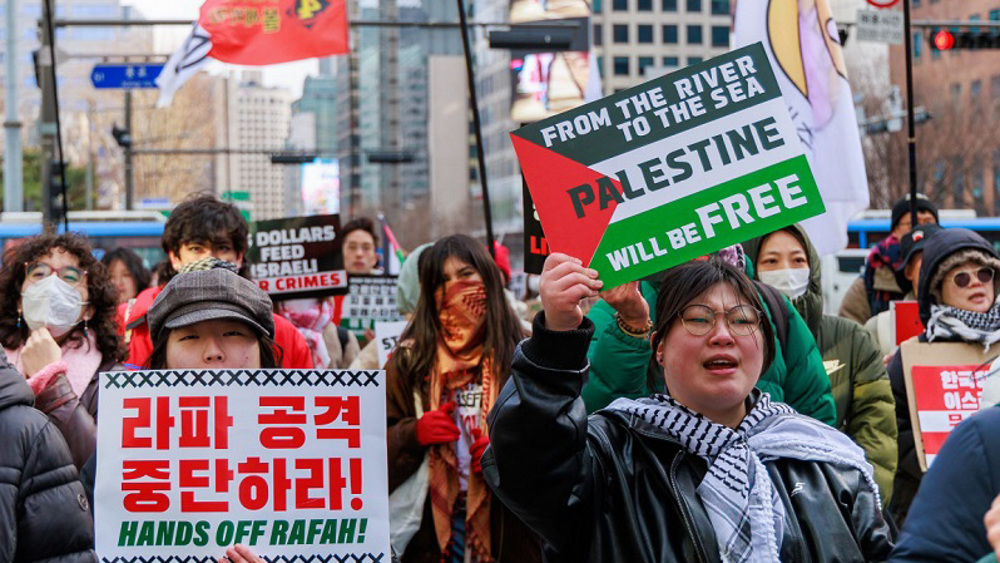
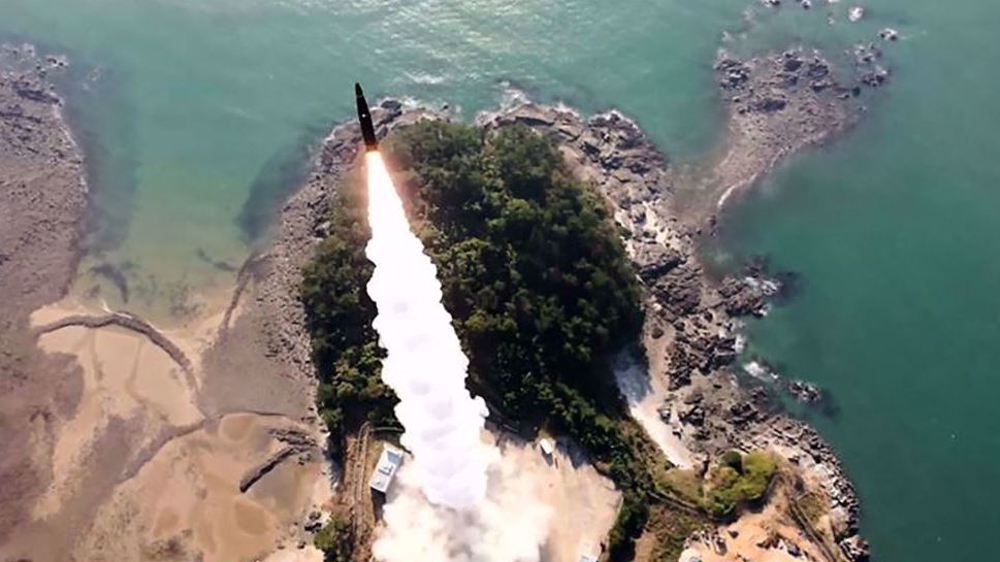
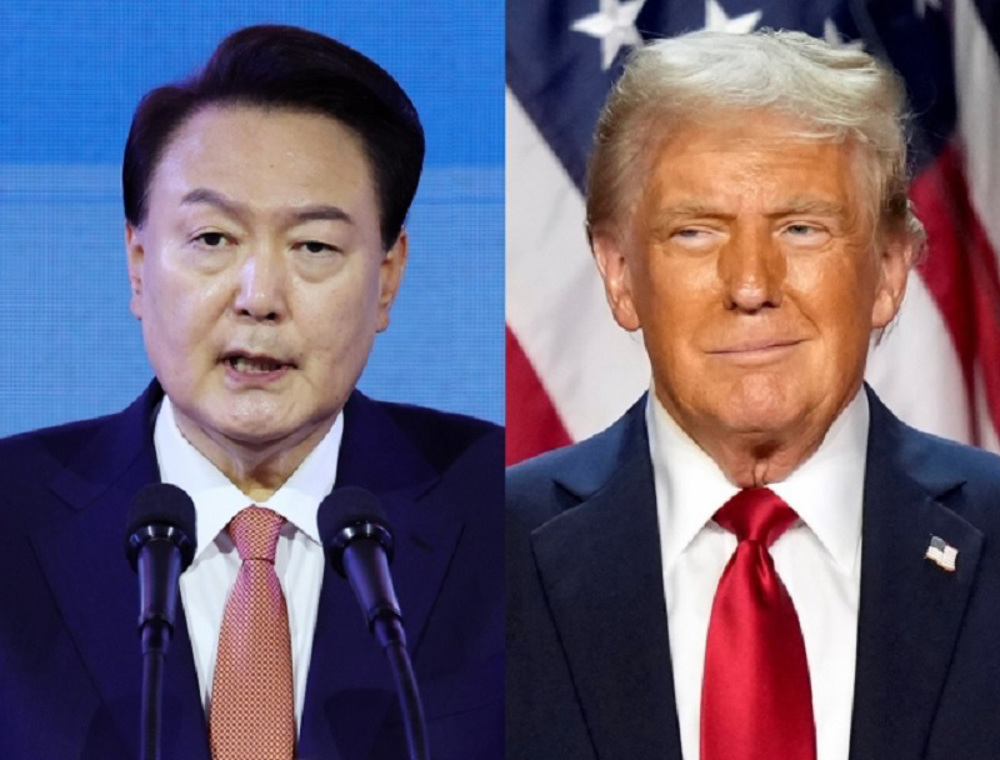



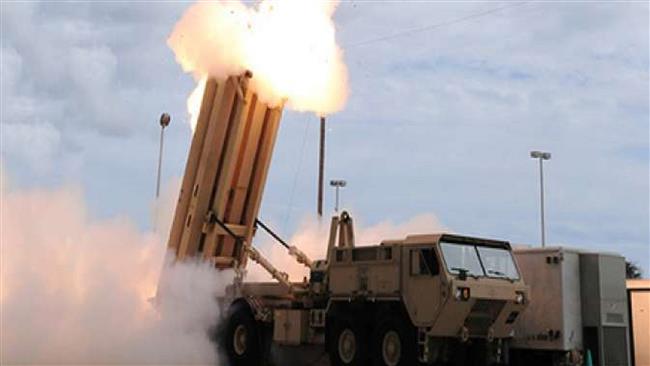
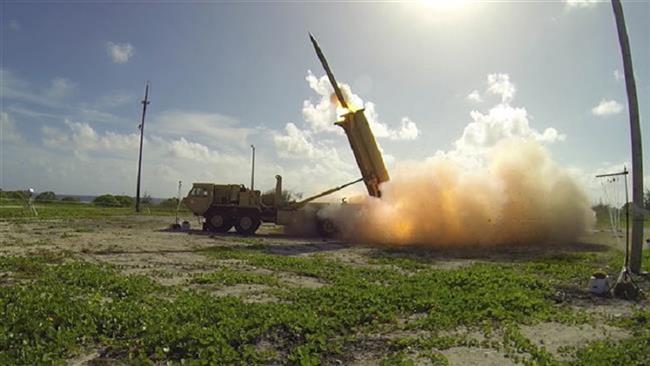
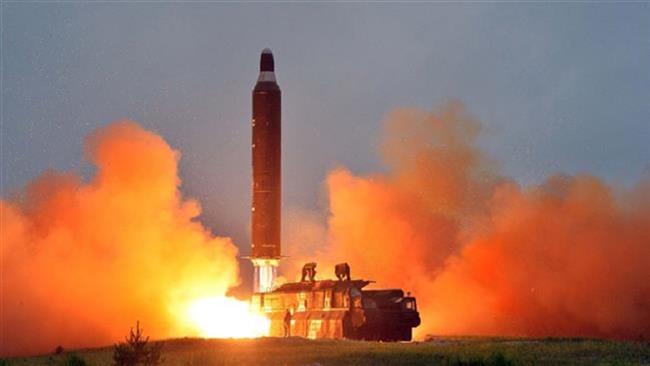
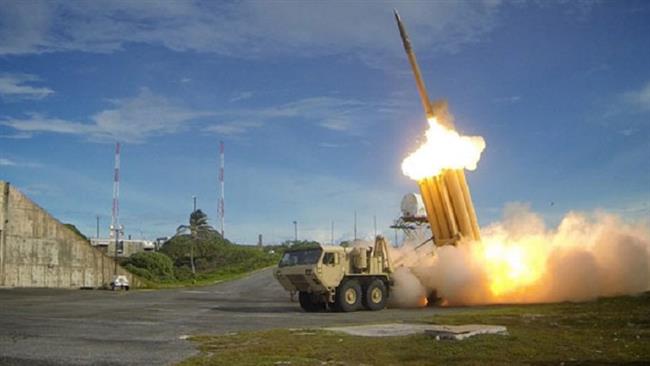

 This makes it easy to access the Press TV website
This makes it easy to access the Press TV website